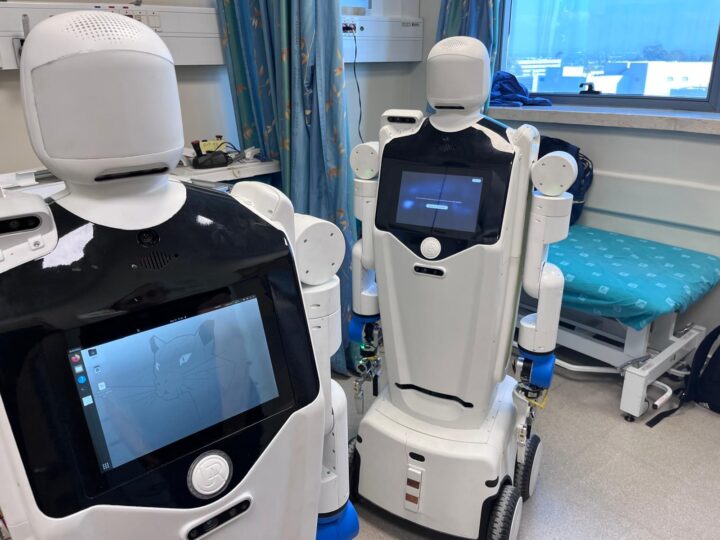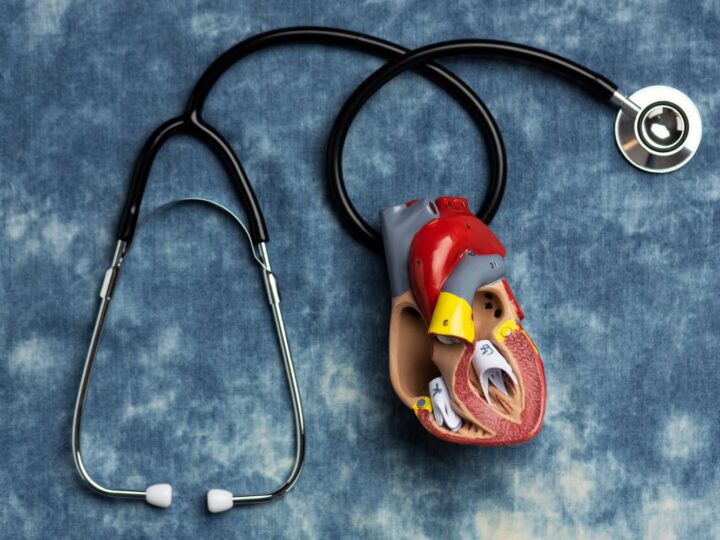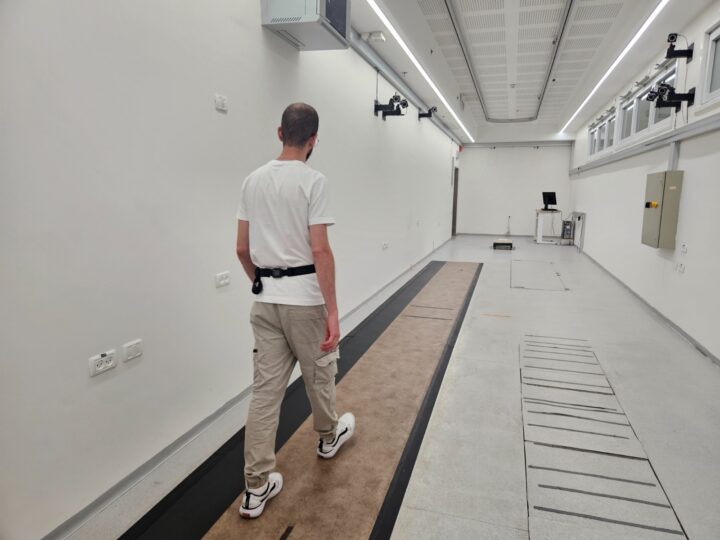When Covid-19 first broke out, a telltale sign of catching the nasty virus was loss of smell. Almost two years later, it turns out that it is likely having long-term effects on the sense of smell of recovered patients.
A study by the Global Consortium for Chemosensory Research, in which two researchers from the Hebrew University of Jerusalem participated, shows that many of the millions who had Covid report smell distortions and unexplained smells months after contracting the disease.
The study, recently published in the MedRxiv preprint digital archive, reveals that of 1,468 people diagnosed with Covid, around 47 percent self-reported parosmia (smell distortions) and some 25% self-reported phantosmia (unexplained smells)up to 11 months following infection.
With more than 200 million people around the globe recovering from Covid, this implies that millions are likely suffering from these symptoms.
“While smell loss improves for many individuals who lost it due to Covid-19, the prevalence of parosmia and phantosmia increases substantially over time. Olfactory dysfunction is also associated with wider Covid-19 symptoms and may persist for many months after Covid-19 onset,” the authors note.
“Olfactory dysfunction appears to be a component of long Covid, with parosmia as a prominent symptom in almost half of those with smell loss. More research into treatment is needed, especially given that olfactory dysfunction is associated with depression and loss of appetite. Health professionals should be aware of these common and long-lasting effects,” they add.
Fighting for Israel's truth
We cover what makes life in Israel so special — it's people. A non-profit organization, ISRAEL21c's team of journalists are committed to telling stories that humanize Israelis and show their positive impact on our world. You can bring these stories to life by making a donation of $6/month.









